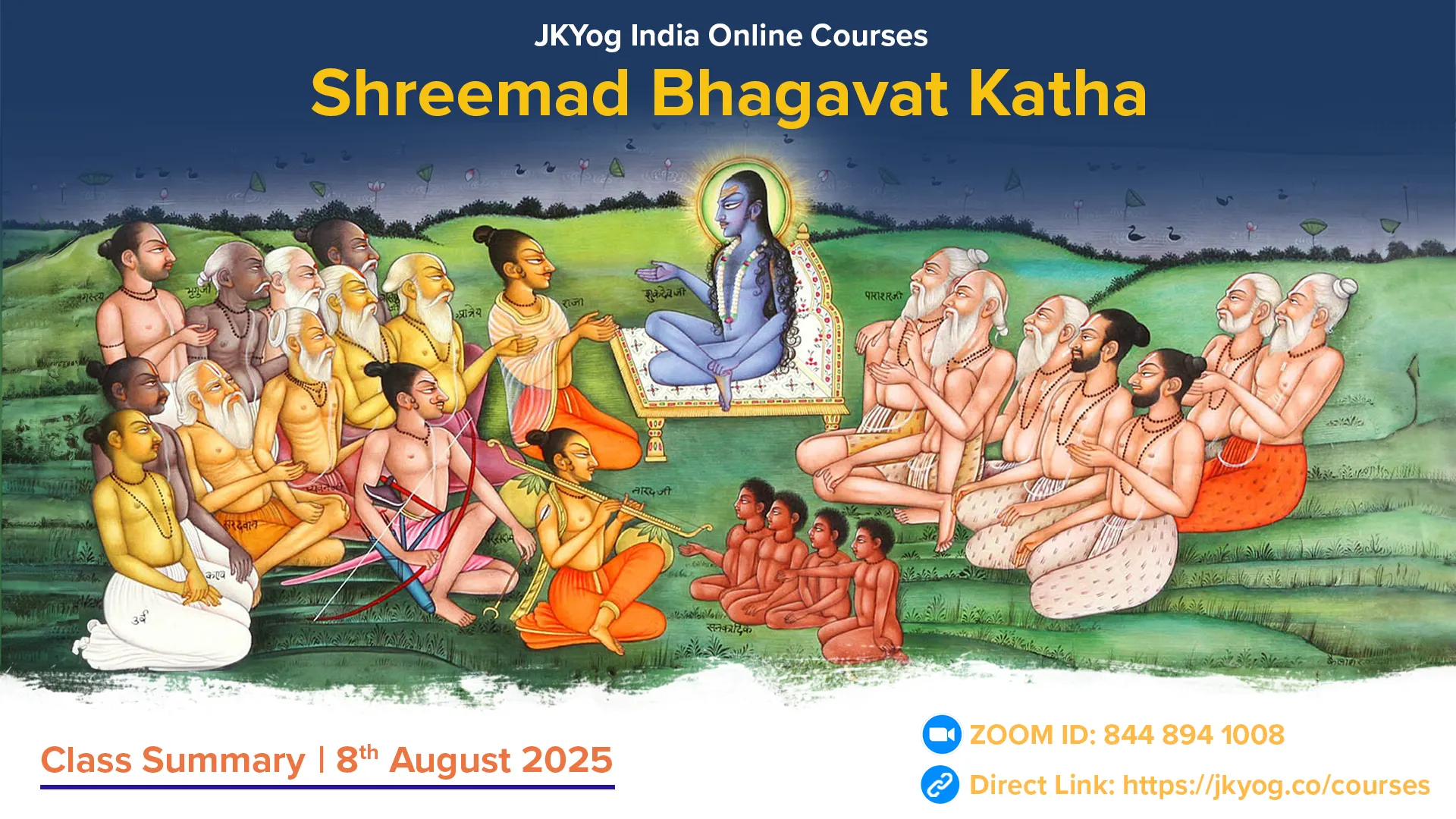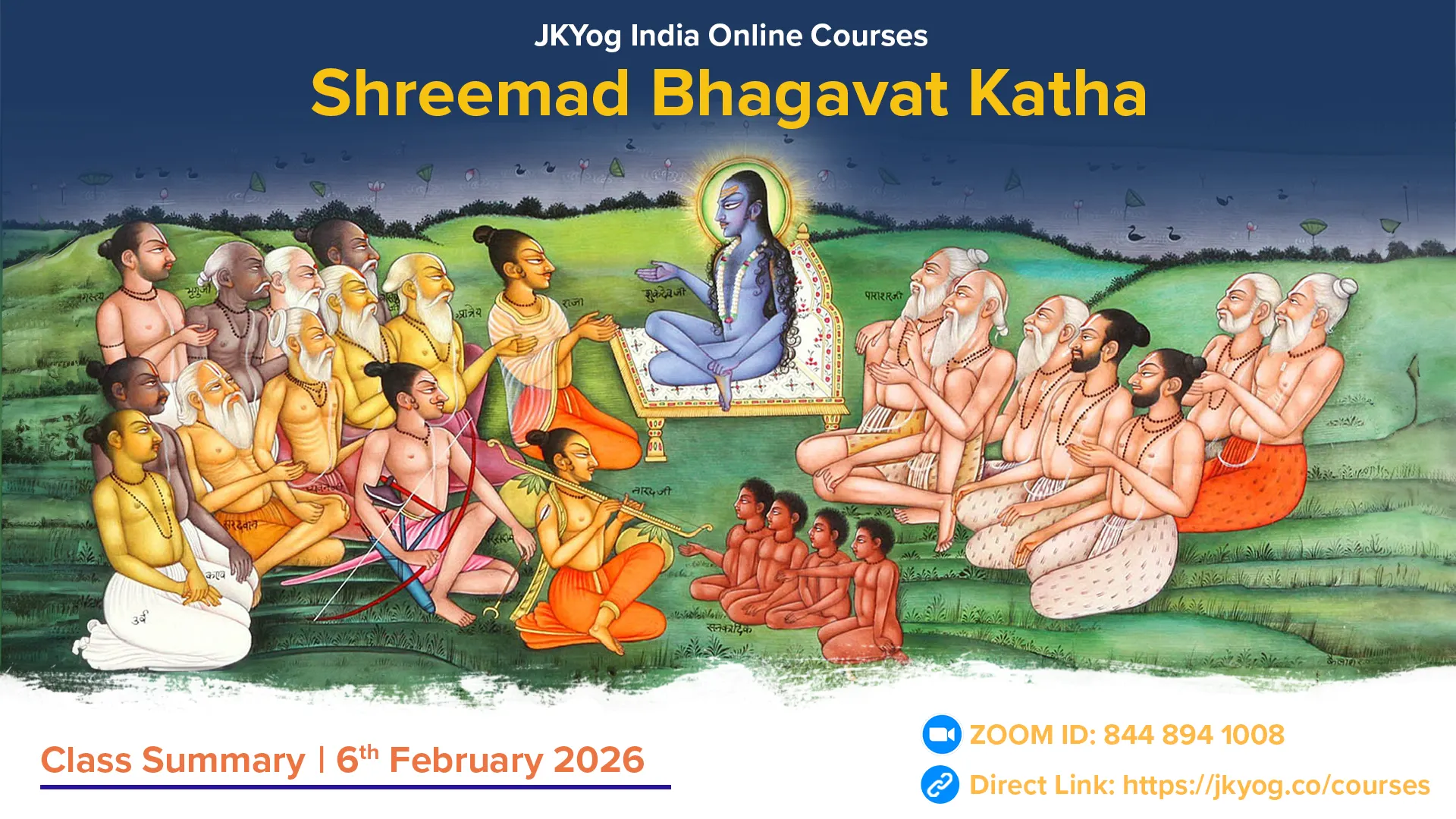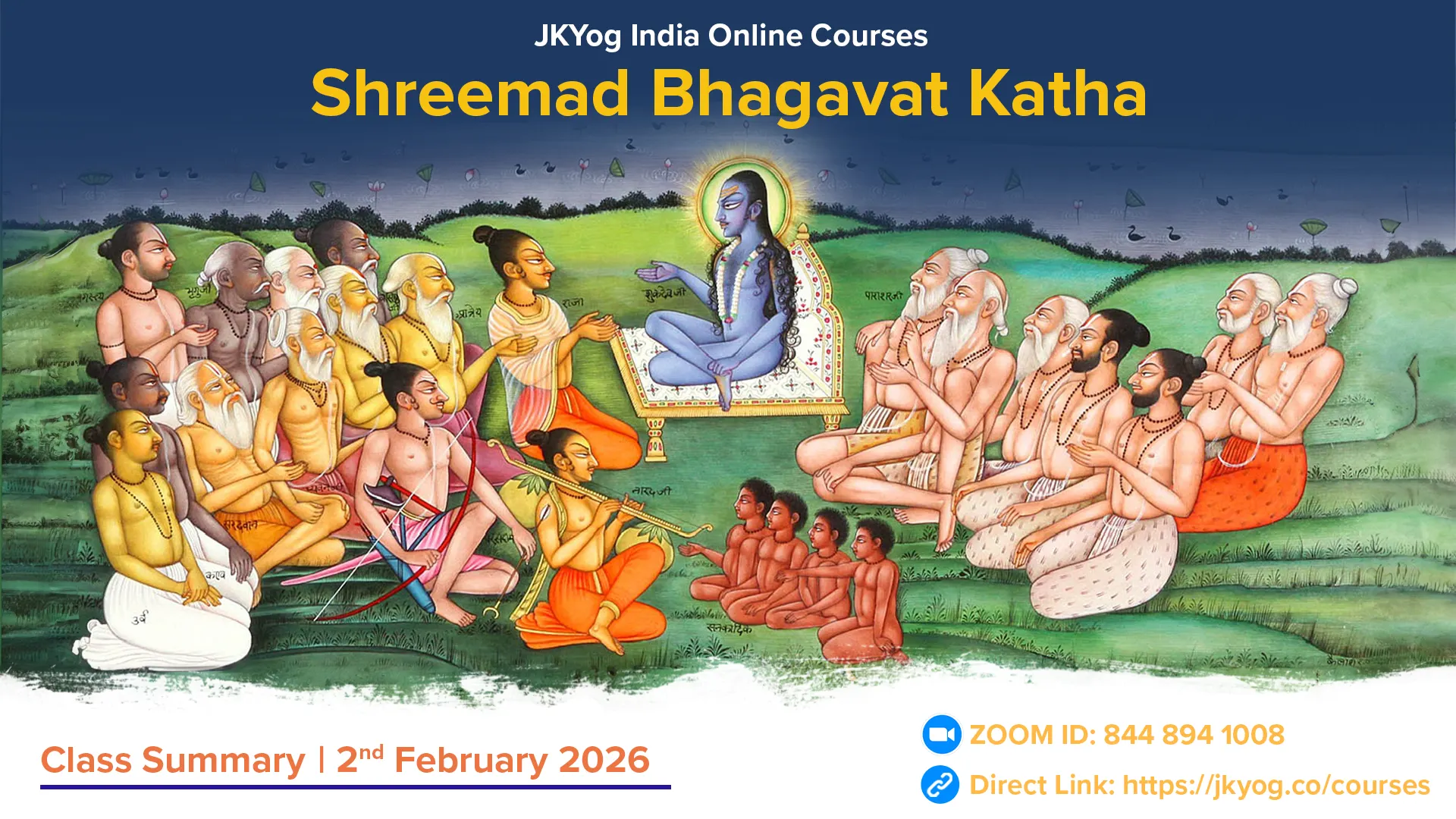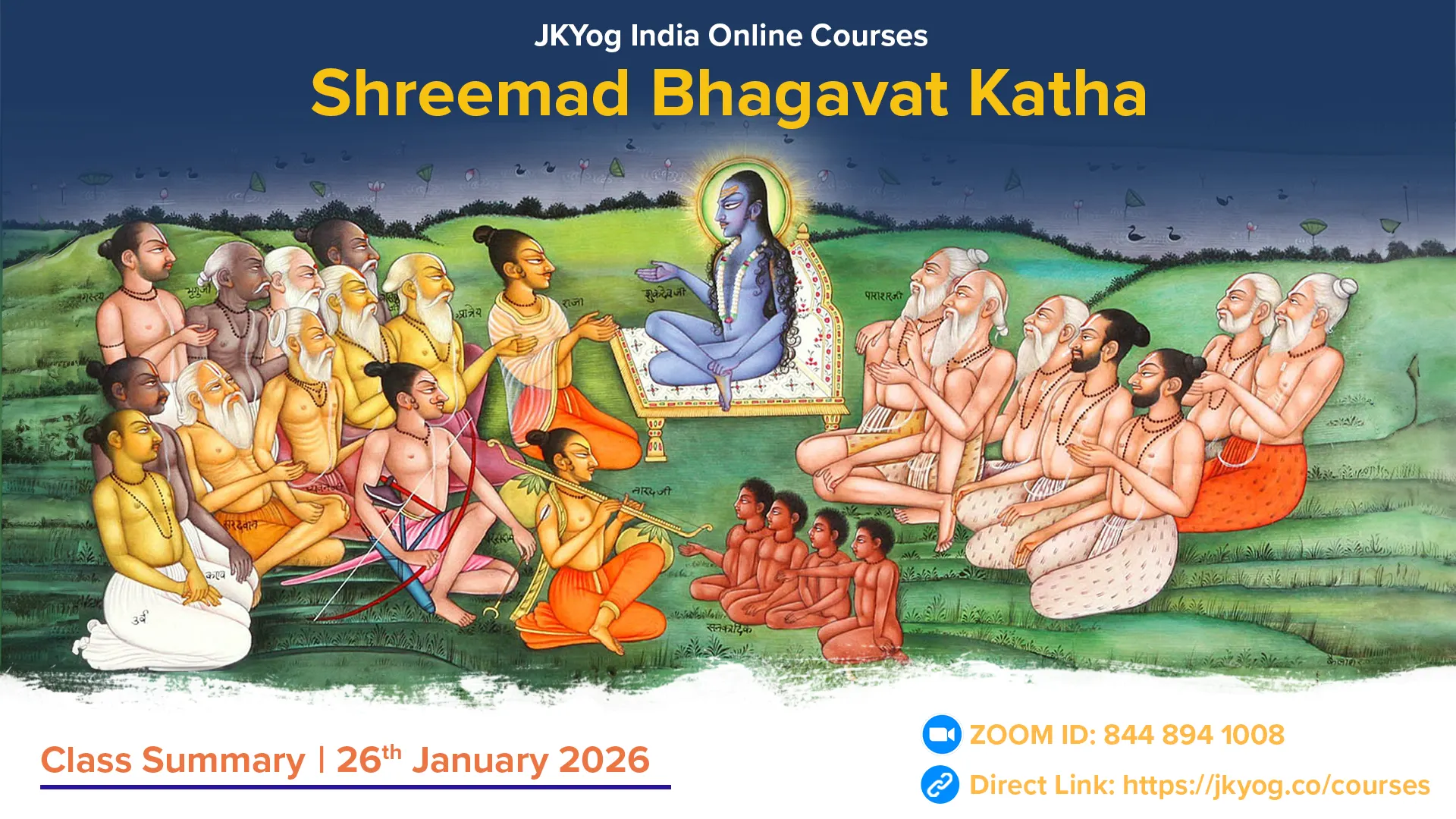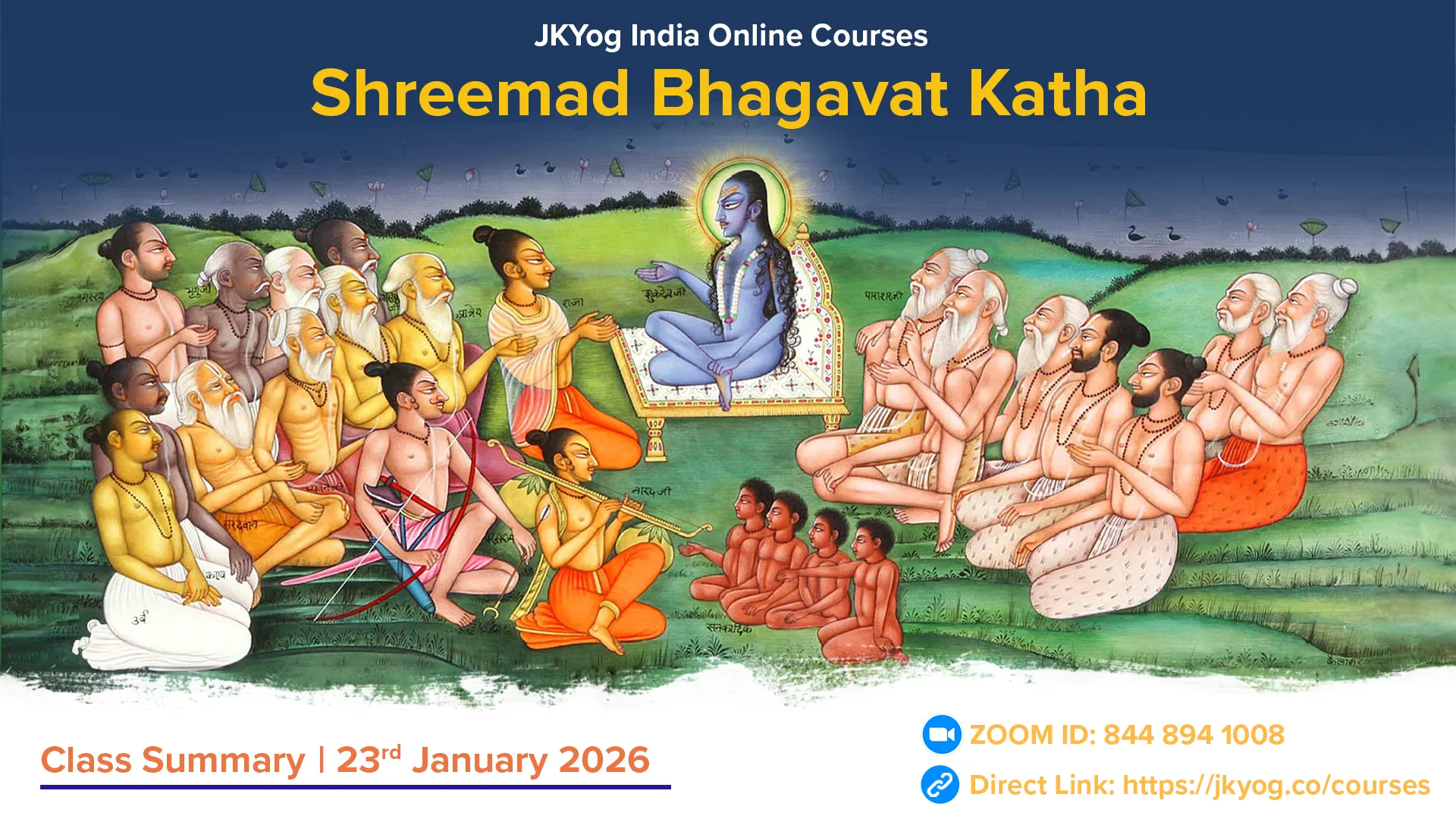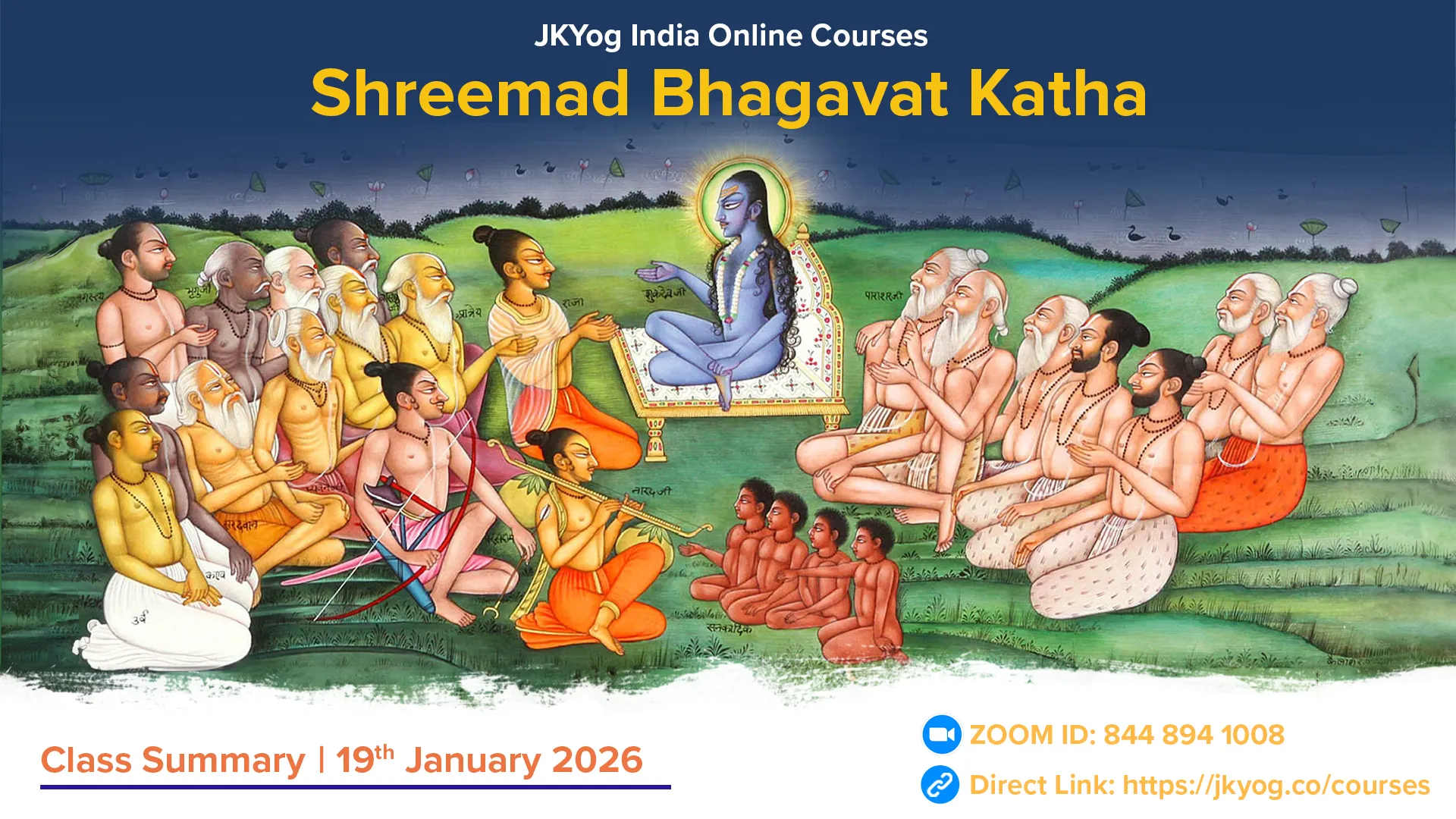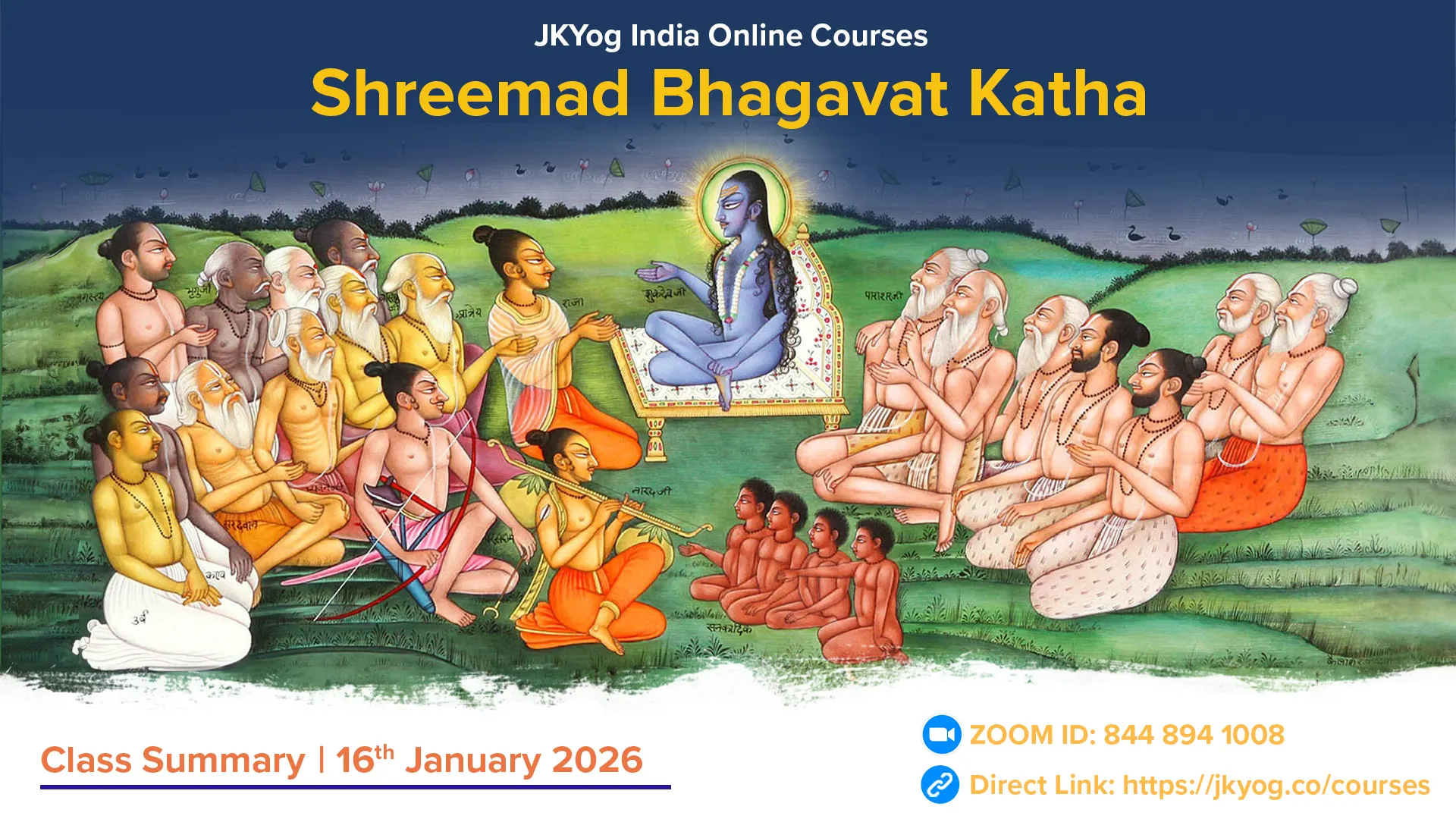Shreemad Bhagavat Mahapuran- Canto: 9, Chapters: 6-7
Shree Shukdevji says to Parikshit that Ambarish had three sons- Virup, Ketuman and Shambhu. From Virup was born Prishadashva, and from him came Rathitar. Rathitar was childless. To preserve the lineage, he prayed to Sage Angira. By the power of his Brahma-tejas (spiritual potency), Sage Angira begot several sons through Rathitar’s wife.
Although these sons were born of Rathitar’s wife and thus should have had Rathitar’s gotra (lineage), they were still called ‘Angiras’ because they were born from Sage Angira. These became known as the pravara (most distinguished men) of Rathitar’s line. They were Kshatropeta Brahmins, connected with both Kshatriya and Brahmin gotras.
Once, when Manu sneezed, a son named ‘Ikshvaku’ emerged from his nose. Ikshvaku had 100 sons, three of whom were prominent — Vikukshi, Nimi, and Dandaka. Of the remaining sons, 25 became rulers of eastern Bharat (Aryavarta), 25 ruled the west, and the three main sons ruled central Bharat. The remaining 47 became rulers of the southern and other regions.
One day, during the time of the Ashtaka Shraddha (ancestral rites), King Ikshvaku told his eldest son, Vikukshi, ‘Gather all the materials needed for the Shraddha and return quickly.’ The valiant Vikukshi obeyed and went to the forest, gathering all the required items with devotion. On the way back, due to hunger and fatigue, he carelessly ate some of the very food that had been collected for the Shraddha.
When he returned and handed all the materials to his father, King Ikshvaku asked his guru, Sage Vashishthji, to examine their purity. After careful inspection, Vashishthji said, ‘These materials have become impure and are no longer fit for the Shraddha.’
Hearing this, King Ikshvaku felt deep sorrow. Since his son had violated scriptural injunctions, he sent him away from the kingdom. Afterwards, King Ikshvaku engaged in a discussion of wisdom with his guru, Sage Vashishthji, and then, through meditation and Yog, renounced his body and attained the supreme abode.”
After his father’s death, Vikukshi returned to his capital. He worshipped God through great sacrifices and became famous in the world as ‘Shashad’. Vikukshi’s son was named Puranjaya, who was also called ‘Indravaha’ by some and ‘Kakutstha’ by others.
At the end of Satya Yug, a fierce battle took place between the devas and the danavas. In that war, all the devas were defeated by the daityas. Then they befriended the valiant Puranjaya for help. Puranjaya said, “I will fight only if Devraj Indra becomes my vehicle.” At first, Indra refused, but later, on the advice of Bhagwan Vishnu Himself, he transformed into a great mighty bull.
Bhagwan Vishnu filled Puranjaya with His divine power. Puranjaya donned armour, took up a celestial bow and sharp arrows, and mounted the bull, sitting near its kakuda (shoulder hump). As he prepared for battle, the devas began to praise him. Taking the devas with him, he surrounded the city of the daityas from the western side.
A terrible battle raged between the valiant Puranjaya and the daityas. Whoever came before him was slain by his sharp arrows. The courage of the daityas broke, and they abandoned the battlefield, hiding in their homes. Puranjaya conquered their city, wealth, and splendour, and offered all of it to Indra.
For these reasons, he became known by several names:
- Puranjaya — because he conquered the “puri” (city) of the daityas,
- Indravaha — because Indra became his vehicle during the war,
- Kakutstha — because he remained seated upon the bull’s kakuda (shoulder hump).
Puranjaya’s son was Anena, whose son was Prithu. Prithu’s son was Vishvarandhi, his son was Chandra, and Chandra’s son was Yuvanashva.
Yuvanashva had a son named Shabasta, who founded the city of Shabasti. Shabasta’s son was Brihadashva, and his son was Kuvalayashva. Kuvalayashva was a mighty warrior. To please Sage Utanka, he took twenty-one thousand of his sons and killed a demon named Dhundhu. Because of this feat, he became known as Dhundhumara (“slayer of Dhundhu”).
From the fire that came out of Dhundhu’s mouth, all of Kuvalayashva’s sons were burnt to ashes, except three — Dridhasva, Kapilashva, and Bhadrasva. From Dridhasva was born Haryashva, from whom came Nikumbha. Nikumbha’s son was Barhinashva, his son was Krishashva, from him came Senajit, and Senajit had a son named Yuvanashva.
This Yuvanashva was childless and greatly distressed by it. He went to the forest with his hundred queens and took refuge with some sages. Out of compassion, the sages performed a special sacrifice to Indra for the sake of granting him a son. One night, King Yuvanashva felt an intense thirst. He went to the sacrificial hall and found the sages asleep. Not finding water, he drank the water that had been consecrated with mantras for the purpose of granting a child, and had been set aside for that ritual.
When morning came and the sages awoke, they saw that the pot was empty. Surprised, they asked, “Who has drunk the sacred water meant for producing a child?” At last, it was discovered that King Yuvanashva himself had drunk the water. All the sages then bowed to God and said, “Blessed is this! The power of Hari is the true power.”
In due course, when the time of delivery came, a mighty emperor was born from the right side of King Yuvanashva’s abdomen. Seeing the infant crying, the sages said, “This child cries for milk; whose milk will he drink?” Then Indra said, “He will drink mine — maa dhaata, my son, do not weep.” Saying this, Indra put his index finger into the baby’s mouth.
By the grace of the brahmins and the devas, Yuvanashva did not die from this extraordinary event. He remained there performing penance until he attained liberation.
Indra named the boy Trasaddasyu (“he before whom robbers tremble”), because robbers and plunderers were agitated and terrified of him. Trasaddasyu, also known as Mandhata, became a mighty emperor. Endowed with the splendour of Bhagwan, he alone ruled over the entire earth with its seven continents. From sunrise to sunset, all the land was under his dominion.
His wife Bindumati bore him three sons — Purukutsa, Ambarish (a different Ambarish from the earlier one), and the yogi Muchukunda. He also had fifty daughters, all of whom chose Sage Soubhari as their husband.
Story of Soubhari Rishi’s Downfall
Soubhari Rishi, a great tapasvi, was once performing penance while submerged in the waters of the Yamuna. There, he saw the king of fishes enjoying himself greatly in the company of his wives. In that single moment of ill-association (kusang), the desire to experience such pleasure arose in Soubhari Rishi’s heart.
With this desire, he came to King Mandhata and requested one of his fifty daughters in marriage. The king replied, ‘O Brahmin, if in the svayamvara the princess herself chooses you, then you may take her.’
Soubhari Rishi understood the intention behind King Mandhata’s words. He thought, “The king has given me such a dry answer because I have grown old; wrinkles cover my skin, my hair has turned white, and my head trembles. No woman could be attracted to me in this state. Very well! I shall make myself so handsome that not only princesses but even the heavenly maidens will long for me.”
Thinking thus, the powerful Rishi transformed himself accordingly. Then, the guards of the royal inner chambers led the now-handsome Soubhari Rishi into the princesses’ beautifully decorated palace. Upon seeing him, all fifty princesses chose him alone as their husband. The Rigvedic sage Soubhari married all of them. By the power of his penance, he created a most luxurious and pleasure-filled household — with splendid palaces, gardens, lakes, fragrant flowers, precious ornaments, delicious foods, servants and maidservants, and constant music and song.
Even Mandhata, lord of the seven continents, was astonished to see the grandeur of Soubhari’s household. His own pride of being the ruler of universal wealth faded away.
Thus, Soubhari Rishi became absorbed in the pleasures of household life, enjoying countless sense-objects with healthy senses. Yet, just as drops of ghee cannot extinguish a fire, even boundless enjoyment could not bring him satisfaction.
One day, while seated in a clear state of mind, he reflected: “Ah! I was such a great ascetic, yet see how I have fallen! For so long, I had preserved my brahma-tejas unbroken, but through the company of a mere fish sporting in the water, that brahma-tejas was destroyed. Therefore, one who desires liberation must completely avoid the company of those absorbed in sense-enjoyment, and must not allow the senses to turn outward even for a moment. One should remain alone, fixing the mind solely on God. If one must seek company, let it be only the association of steadfast great souls who are exclusively devoted to Bhagwan Shree Hari.”
Having thought thus, he remained at home for a few more days, and then, becoming detached, he went to the forest. His wives, who considered their husband to be their all-in-all, accompanied him. There, Soubhari Rishi performed intense austerities and merged his consciousness in the Supreme. His wives too followed their husband in the same way.
The foremost among Mandhata’s sons was Ambarish. In his line were born valiant kings such as Yauvanashva and Harita. Another son, Purukutsa, was given Narmada, the sister of the Nagas, in marriage. She took him to Nagaloka, where he slew the Gandharvas. In gratitude, Naga-king Vasuki granted a boon that whoever remembers this event will remain free from fear of serpents.
From Purukutsa was born Trasaddasyu, then Anaranya, then Haryashva, then Aruna, and then Tribandhana. Tribandhana’s son was Satyavrata, who is famous by the name Trishanku.
Although Trishanku became a chandala (outcaste) due to the curse of both his father and his guru, through the power of the sage Vishwamitra, he ascended bodily to heaven. The gods pushed him down from there, and he began to fall headfirst toward the earth. But Vishwamitra, by his spiritual power, kept him suspended in the sky. Even now, he is seen hanging there in midair.
Story of King Harishchandra, Rohit and Shunahshepa
Trishanku had a noble son named King Harishchandra, celebrated for his righteousness. Yet, for all his virtues, the king carried a heavy sorrow: he had no heir to his throne.
His grief did not go unnoticed. One day, Naradji visited him and, seeing his distress, offered counsel that if you truly desire a son, seek refuge in Varundev, the god of waters. Pray to him with devotion, and he will bless you.
Harishchandra obeyed and invoked Varundev with folded hands, "O Varundev, if you grant me a son, I shall dedicate him to you for your sacred yajna."
Varundev accepted the vow, and in due time, a radiant child was born to the king, and they named him Rohit. When the time came for Varundev to claim the child for the promised sacrifice, Harishchandra’s heart wavered. Love for his son outweighed the oath he had sworn.
First, he pleaded, “O Dev, the child is but ten days old, let him grow a little.”
Later, “At least wait until he gets his first teeth.”
Then, “When his milk teeth fall out, I will fulfil my vow.”
Then again, “When his permanent teeth come in.”
Finally, “When he is strong enough to wear armour, then he will be fit for the yajna.”
Thus, bound by fatherly affection, the king delayed and delayed, never delivering Rohit to Varundev.
But truth cannot be evaded forever. One day, Rohit overheard whispers in the court: his father had promised his life for a sacrifice. Shocked and unwilling to be led like a lamb to the altar, he took his bow and quiver and fled into the forest.
Time passed. Then word reached Varundev. Angered by the king’s broken promise, had struck Harishchandra with mahódara, a terrible abdominal disease. Stricken with guilt, Rohit set out to return home. But on the way, an old Brahmin appeared, none other than Indra in disguise.
"Young prince," Indra said, "is it not better to roam the sacred rivers and pilgrimages than to perish as a sacrifice? Delay your return."
Year after year, Indra reappeared, each time in a different guise, each time persuading Rohit to postpone. Six years passed in this way, the prince wandering the wilderness.
In the seventh year, Rohit at last decided to return. Along his journey, he met a poor Brahmin named Ajigarta, who had three sons who agreed to sell his middle son, Shunahshepa, for a generous price. Rohit brought the boy to Harishchandra and offered him in his own place for the yajna.
The sacrifice was completed, and Harishchandra’s dreadful illness vanished. Grateful and relieved, he worshipped Varundev and the other deities with devotion. (In some other scriptures, it is said that under the guidance of sage Vishwamitra, Shunahshepa recited sacred hymns from the Rigveda, which so pleased Varun and the other gods that they spared his life as well.)
Pleased with the king’s sincerity, Indra appeared in his true form and gifted him a golden chariot.
But the greatest reward came later. When sage Vishwamitra saw that Harishchandra, even in the face of hardship, stood firm in truth alongside his virtuous queen, he was deeply moved. The sage bestowed upon him the imperishable knowledge of Brahman—a treasure greater than any throne or jewel.
Summary: JKYog India Online Class- Shreemad Bhagavat Katha [Hindi]- 08.08.2025

